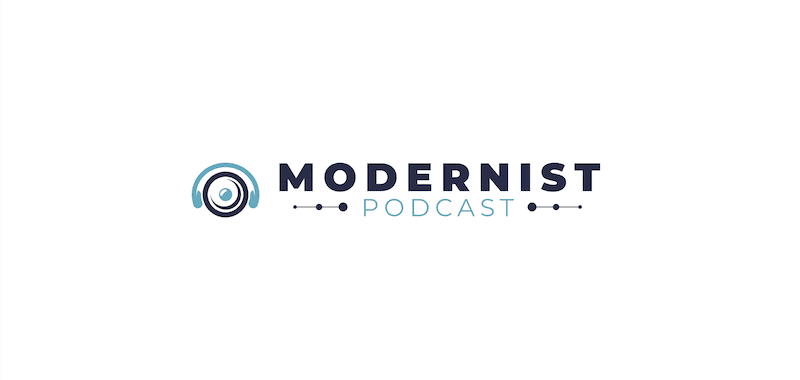Join our daily and weekly newsletters for the latest updates and exclusive content on industry-leading AI coverage. Learn More
Agentic AI continues to grow as enterprises explore its potential. However, there can be pitfalls when building an AI agent workflow.
May Habib, co-founder and CEO of full-stack AI platform Writer, said there are four things enterprises should consider when thinking about autonomous AI and the automated workflows that AI agents enable.
“If you don’t focus on the capabilities that are right for you to create self-sufficiency, you’ll never get to a generative AI program that is scaling,” Habib said.
For Habib, enterprises need to think about these four things when approaching AI workflows that offer value to them:
- Understanding your use cases and the mission-critical business logic connected to those use cases
- Knowing your data and the ability to keep the data associated with business cases fresh
- Learn who the people that can build those use cases in the team
- Managing the capacity of your organization to absorb change
Know your process and build a pipeline
When it comes to understanding use cases, Habib said many enterprises don’t need an AI that will tell them how to grow their business. They need AI that streamlines the work they already do and supports the processes they already have. Granted, of course, the organizations are aware of what these processes are.
“Never forget that the nodes of the workflow are the hardest part, and not to get overly excited about the hype of agentic until you’ve nailed that workflow, because you are just moving inaccurate information or bad outputs from the system,” Habib said.
Business processes cannot work without good data, but Habib said businesses should also build a data pipeline to bring fresh data related to the specific business use case.
Habib said it’s equally important to know who can build the AI applications in an organization and the people who understand the workflows involved in the use cases best. She said AI does not dictate processes; the enterprises dictate the processes AI should follow. All of these culminate in the fourth tenet of effective generative AI: knowing how much change the organization can take and understanding how the actual users of the applications can find value in the technology.
Envisioning automated AI workflows
Writer has built AI agents and other applications on its full-stack AI platform. That includes its Palmyra family of models that are specifically designed for enterprises. Its latest model release, Palmyra X 004, excels in function calling and workflow execution, which helps build AI agents. Its AI models also proved very successful for healthcare and finance use cases. Writer also offers RAG frameworks for enterprises.
Habib said Writer wants to bring more of its vision of agentic AI — though she personally does not like the word agents because it means too many different things — that involves “AI that is able to respond to a command and then go use Writer apps, know how to interact with each other and use third-party applications.”
Writer’s agentic AI workflow framework relies on a series of Writer apps embedded in enterprise workflows. For example, suppose a customer wants to bring a product to market. In that case, a user can tell their catalog platform running on Writer’s models and applications to pull up the specific product they want, say it needs to be posted on e-commerce sites like Amazon and Macy’s, and include other product information. The agentic workflow will then pull up the product, connect to Amazon and Macy’s APIs and post the product for sale.
“If it has a GUI, if it has a UI, AI will become a power agent. To us, agentic AI is the ability for AI to use AI plus third-party software and be able to reason its way through,” she said.
Moving agentic AI forward
To help facilitate the expansion of its agentic AI vision, Writer announced it raised $200 million in series C funding, bringing its valuation to $1.9 billion.
Premiji Invest, Radical Ventures and IOCNIQ Growth led the funding round. Other investors included Salesforce Ventures, Adobe Ventures, B Capital, Citi Ventures, IBM Ventures and Workday Ventures, along with existing investors in the company.
Habib said the new round allows it to continue building on Writer’s existing work with design partners and other customers to bring the automated workflows to life.
Source link

